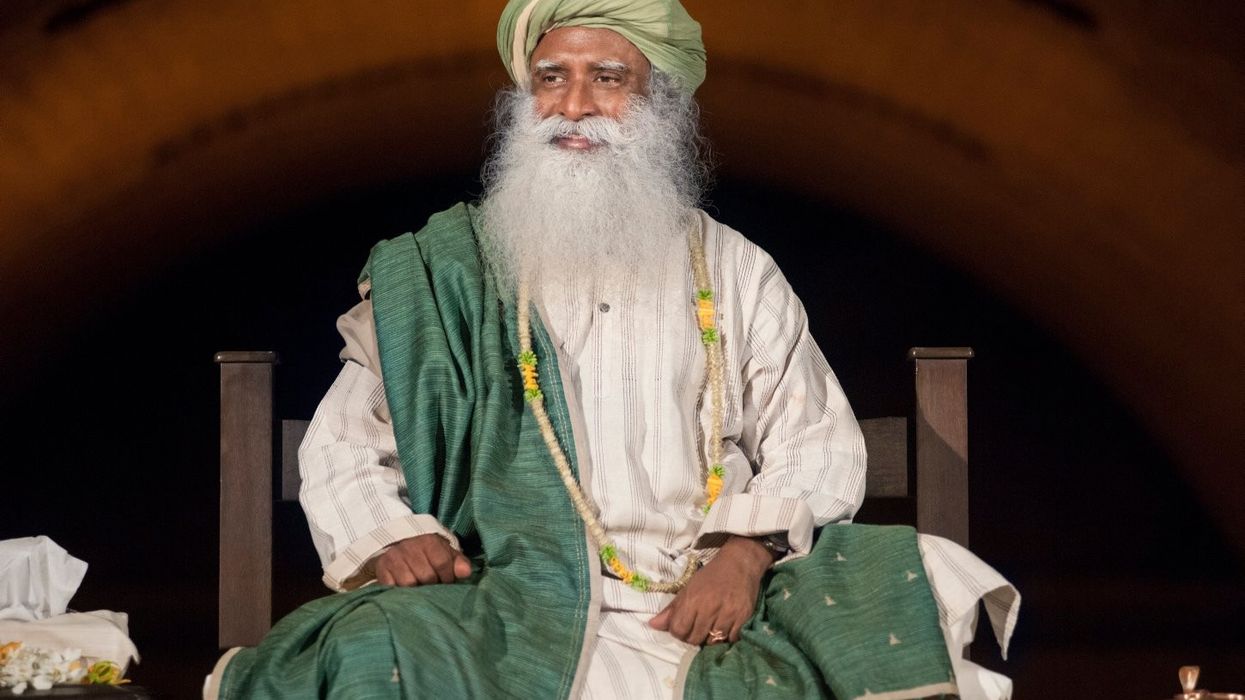Queen Elizabeth II will make an extremely rare address to the nation on Sunday as Britain grapples with the increasingly deadly coronavirus outbreak.
The government has put Britain into a lockdown, closing pubs, restaurants and nearly all shops, while banning social gatherings and ordering Britons to stay at home unless it is absolutely essential to venture out.
The measures are intended to stop the spread of the epidemic with officials saying on Friday (3) the death toll in the United Kingdom among those who had tested positive for the virus had risen by 684 to 3,605, up 23 per cent on the previous day.
The UK witnessed a five-fold rise in the death count from 759 last Friday (March 27). And, Health Secretary Matt Hancock said the country could see more than 1,000 deaths a day by Easter Sunday.
Scientists said the UK would be doing well if it kept the coronavirus death toll below 20,000.
The British government's worst-case scenario envisages a coronavirus death toll of 50,000 if self-isolation is not fully adhered to, but the country is not right now on course for a toll of that scale, a source familiar with the government's emergency discussions told Reuters.
"Her Majesty The Queen has recorded a special broadcast to the United Kingdom and the Commonwealth in relation to the coronavirus outbreak," Buckingham Palace said in statement, without giving any details about its content.
The address, which was recorded at Windsor Castle where the 93-year-old monarch is staying with her husband Prince Philip, will be broadcast at 1900 GMT on Sunday, it said.
Last month, the queen issued a written statement in which she said the royal family would play its part in rising to the challenge of the coronavirus outbreak.
"We know that many individuals and families across the United Kingdom, and around the world, are entering a period of great concern and uncertainty," she said then.
"We are all being advised to change our normal routines and regular patterns of life for the greater good of the communities we live in and, in particular, to protect the most vulnerable within them."
The queen rarely broadcasts to the nation apart from her annual televised Christmas Day message, usually to offer personal thanks or provide reassurance in times of crisis.
Royal experts said it would be only the fifth such televised address she had made during her 68 years on the throne.
The last was in 2012 following celebrations to mark her 60th year as queen which came a decade after the preceding broadcast which followed the death of her mother, the Queen Mother, in 2002 when she thanked Britons for their messages of condolence.
She also gave an address at the start of the Gulf War in 1991, and most famously, she delivered a sombre live broadcast after the death of her daughter-in-law Princess Diana in a Paris car crash in 1997 amid a national outpouring of grief and criticism of the royal family's response.



















